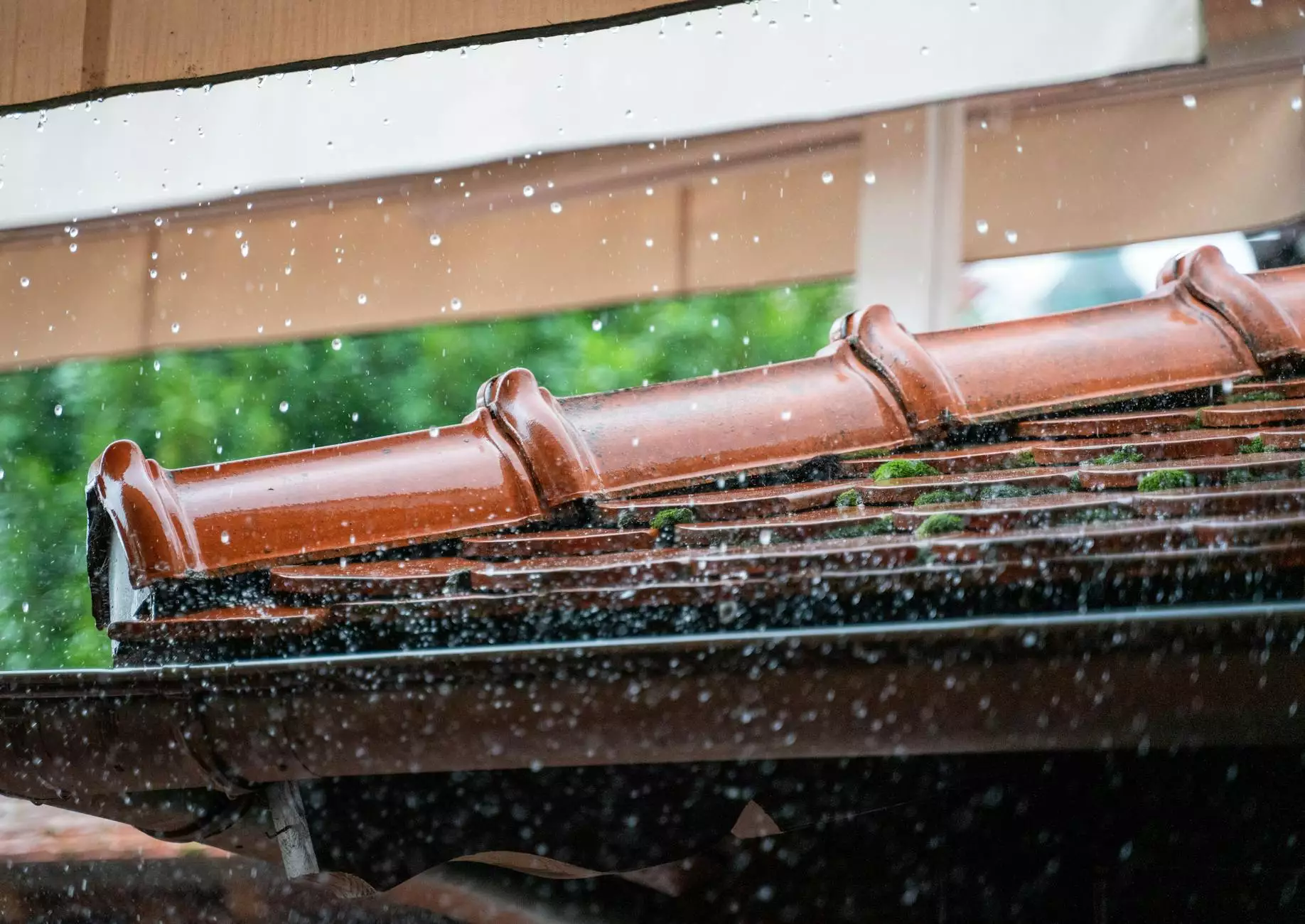Exploring the World of Japanese Vehicles Parts

In the vast landscape of the automotive industry, Japanese vehicles parts stand out for their unparalleled quality, engineering brilliance, and performance reliability. Renowned for their innovative technology and sustainability, these parts are trusted by car enthusiasts, mechanics, and manufacturers alike. In this article, we delve into the intricacies of Japanese vehicle parts, highlighting their significance, functions, and the reasons you should consider them for your next automotive project.
The Importance of Quality in Vehicle Parts
When it comes to maintaining and enhancing the performance of vehicles, the quality of parts is paramount. Here are several reasons why quality matters:
- Durability: Quality parts provide longevity, reducing the frequency of replacements.
- Performance: High-quality components improve the overall performance of the vehicle, enhancing safety and driving pleasure.
- Efficiency: Superior parts often translate to better fuel efficiency and lower emissions.
- Resale Value: Vehicles maintained with quality parts tend to retain their value better in the resale market.
A Look at Japanese Automotive Engineering
The reputation of Japanese vehicles parts stems from decades of engineering excellence. Japanese automakers, such as Toyota, Honda, Nissan, and Subaru, have built a solid foundation based on precision engineering and stringent quality control standards. The result? Remarkably reliable vehicles that stand the test of time.
Innovative Technologies
Japanese manufacturers utilize cutting-edge technologies, ensuring their vehicles and parts meet the highest standards. Noteworthy advancements include:
- Hybrid and Electric Systems: Pioneering improvements in fuel efficiency and eco-friendliness.
- Safety Features: Advanced driver-assist technologies that enhance road safety.
- Performance Enhancements: Use of lightweight materials and enhanced engine designs for better performance.
The Variety of Japanese Vehicles Parts
Understanding the range of parts available can help you make informed decisions for your vehicle. Below is a comprehensive list of common Japanese vehicles parts categories:
1. Engine Components
- Pistons: Critical for compression in the cylinder.
- Cylinder Heads: Housing combustion chambers and facilitating airflow.
- Timing Belts: Synchronizing engine components to maintain optimal performance.
2. Suspension and Steering Parts
- Shock Absorbers: Enhancing ride comfort and stability.
- Control Arms: Ensuring proper wheel alignment and vehicle handling.
- Power Steering Pumps: Assisting the driver in steering the vehicle effortlessly.
3. Brake Systems
- Brake Pads: Essential for stopping power and safety.
- Rotors: Providing the necessary friction for effective braking.
- Brake Lines: Ensuring fluid transfer within the braking system.
4. Electrical Components
- Alternators: Generating electricity to power electrical systems.
- Starter Motors: Initiating the engine start process.
- Batteries: Storing energy for vehicle operation.
5. Body Parts
- Fenders: Protecting a vehicle's wheels and body.
- Hoods: Providing access to engine components.
- Doors: Allowing vehicle access while contributing to safety.
Choosing the Right Japanese Vehicles Parts
Selecting the right parts for your vehicle can seem daunting, but with the right knowledge, you can make choices that will enhance your vehicle's performance. Here are some tips to guide you:
1. Understand Your Needs
Different vehicles and driving styles require different parts. Are you looking for performance upgrades, or do you need replacements for worn-out components? Knowing your goals will help narrow down your options.
2. Research Quality Brands
Focus on reputed brands known for their reliability in manufacturing Japanese vehicles parts. Some leading names include:
- Brembo - for braking components
- NGK - known for ignition components
- KYB - recognized for suspension parts
3. Verify Compatibility
Ensure that the parts you select are compatible with your vehicle model. Utilize VIN (Vehicle Identification Number) lookups to verify specifications.
4. Seek Professional Advice
If you’re uncertain, consulting a mechanic or automotive expert can help you make informed decisions. They can offer insights into the best parts suited for your specific vehicle.
Benefits of Using Japanese Vehicles Parts
Opting for Japanese vehicles parts comes with several advantages:
- Reliability: Japanese parts are engineered for longevity, reducing downtime.
- Performance: Designed to enhance vehicle efficiency and functionality.
- Availability: A vast network of suppliers and manufacturers ensures the availability of parts.
- Cost-Effectiveness: Although some may perceive Japanese parts as higher-priced, their durability translates to savings in the long run.
Where to Buy Japanese Vehicles Parts
A variety of options exist for purchasing Japanese vehicles parts:
1. Online Retailers
Websites like 1autoparts.com offer a wide selection of authentic Japanese vehicle parts at competitive prices, often with user reviews and detailed descriptions to help you choose wisely.
2. Local Auto Parts Stores
Visiting local stores allows for immediate access to parts, plus the opportunity to speak with knowledgeable staff who can offer advice.
3. Dealerships
For OEM (Original Equipment Manufacturer) parts, dealerships are the go-to option. Although they can be pricier, they assure you of genuine quality and fit.
Conclusion
In summary, Japanese vehicles parts symbolize quality, innovation, and reliability in the automotive world. Investing in premium parts not only enhances the performance and safety of your vehicle but also contributes to its longevity. Whether you're upgrading, repairing, or customizing your car, understanding and utilizing the right parts from reputable sources like 1autoparts.com is essential for achieving the best results.
Embrace the excellence of Japanese automotive engineering and elevate your vehicle's performance today!









